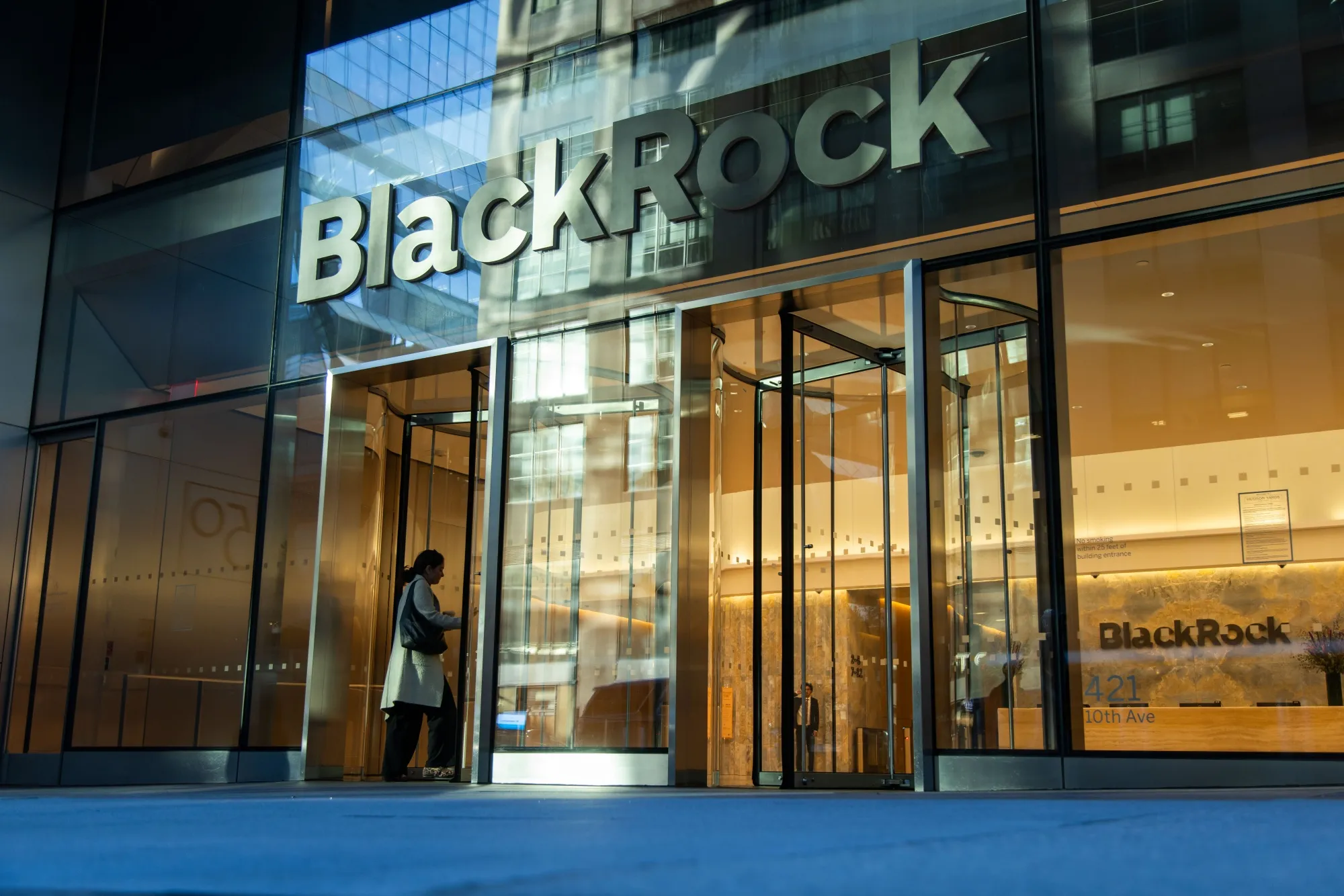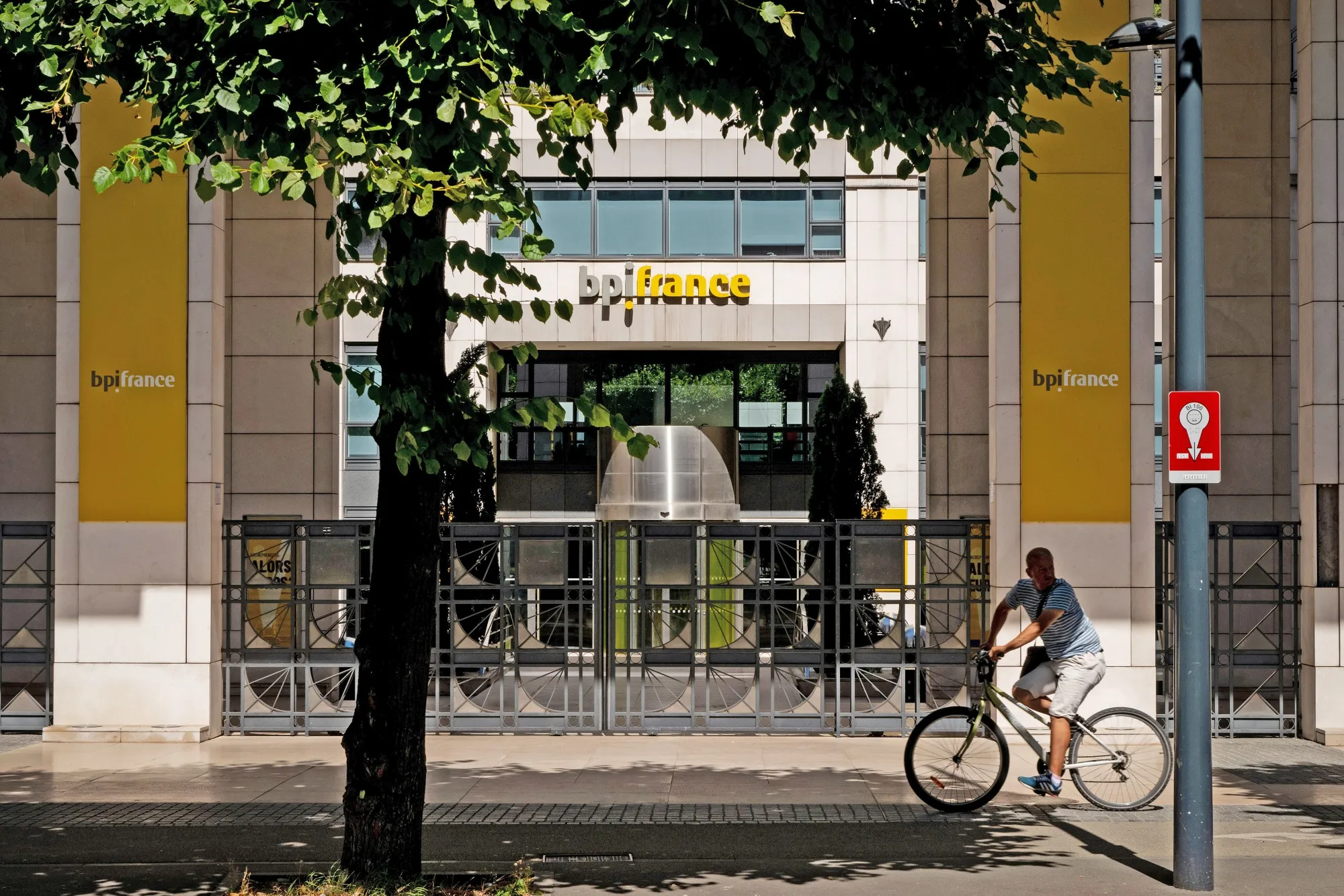Angel investment is one of the many types of funding available for startups on the hunt for cash — and it’s becoming more common for cap tables to be dotted with angels.
But what stages do angels invest in, what are they looking for from founders and how do you become one?
Here’s Sifted’s guide to everything you need to know about angel investing.
What is angel investing?
Angel investors are people who invest in startups with their own personal wealth, as opposed to investing the money collected in a VC fund. They’ll usually take equity in return for the cash, and they’re usually high-net-worth individuals, which means they probably have at least $1m in liquid financial assets.
Though cash for equity is the most common form of deal, there are different types of angel investment. Some angels will also offer convertible loan notes, where the money converts into equity if it isn’t paid back by a certain maturity date.
Angel investor Hailey Eustace says that angel SAFE (simple agreement for future equity) rounds, where investors get equity in a startup in the event of a future equity financing round or the sale of a company, “are good for startups who need to achieve some metrics or milestones before raising from VCs”.
Unlike convertible loan notes, there’s no maturity date on SAFE agreements, so they’re popular with seed-stage startups in need of cash.
Which stages do angel investors invest at?
While startups at any stage can have angel investors vying for a spot on their cap tables, their focus tends to be on early-stage startups, as the cheque sizes are smaller. Atomico’s 2022 State of European Tech report found that the most respondents (27%) invested between $10k-25k — but that can vary depending on the angel’s background. 46% of angel investors who are also tech employees, for example, invested less than $5,000 per deal.

Early-stage startups tend to benefit the most from the guidance that angels can offer. Graham Schwikkard, CEO of angel investment platform SyndicateRoom, says that angels can “put founders in touch with the right people, whether it's the key players in a given market, press contacts or potential additions to the team, that can help to open doors and improve the company's chances of success. When a startup is just getting off the ground, those types of advice or introductions have an exponential impact.”
How do you become an angel investor?
Naturally, having a lot of cash to hand is crucial for getting into angel investing. While angel investors typically write smaller cheques than VC firms or banks, they're still significant amounts of money.
Those who want to get into investment but can’t commit big numbers can opt for crowdfunding projects instead — on the popular platform Crowdcube, investors can give a minimum of £10, rounded up to the closest multiple of the company’s share price.
Knowledge of the startup scene is key, which is why founders often turn their hand to investing.
Beth Carter, an angel investing through Ada Ventures’ scout programme and head of growth at Flexa, says that “having that double view-point of operating and investing has made me better at both. I can relate to founders in a way a lot of angels without that experience can't, and equally I can look at my work with an understanding of the long-term thought process of investors.” VC partners, on the other hand, mostly come from finance backgrounds — data from Vauban found that just 1.8% pivoted from being operators.

Angel investors also join together to form syndicates, where several angels pool their cash into one pot — to invest as one legal entity, they then form a special purpose vehicle (SPV). This saves a startup’s cap table from being packed full of individual names and small cheques, cleaning it up with one group spearheaded by a lead angel who is the main point of contact.
Investing as part of a group has benefits for angels, too. Carter highlights two main perks: “Getting access to deals, and reducing the overheads.” Many angel investors also have a full-time job, and syndicates can share responsibilities to make the load more manageable.
Angel platforms include:
- Odin
- SyndicateRoom, which has a team of “super angels” informing deals
- Roundtable, which combines the community chat element with the investment facility in one platform, eliminating the need for an external group chat.
Experience also comes in handy when sourcing deals. Carter highlights that “it's important to remember that this world of startups and investing is tiny. Founders talk. Angels talk. Everyone knows everyone.” Building a good reputation within the industry and being generous with your time “goes a long way — this is the best way to build a network of people who come to you with ideas”.
Is angel investing regulated?
Angel investment is subject to regulations, just like most other forms of startup funding. In the UK, the Financial Conduct Authority manages regulation; across Europe, though the European Commission encourages EU countries to offer angel funding readiness training and incentivise ethical investment, it hasn’t set its own regulations to mandate that.
Regulatory bodies that angel investors should be aware of in the UK include:
- The Enterprise Investment Scheme (EIS) and Seed Enterprise Investment Scheme (SEIS). These schemes give angel investors tax breaks on the money they chip in to British businesses. The EIS also rules that angels can’t take more than 30% of a company, keeping the majority of control in the hands of founders.
- The Financial Services and Markets Act 2000 (FSMA). This requires angel investors to self-certify as a high-net worth individual in order to invest in businesses.
What do angel investors look for in startups?
While VC firms are focused primarily on getting a return for their investors, angel investors are often more interested in investing in the people behind a startup. Carter tells Sifted that the most important element is “to be proud of an investment I'm making, to be able to say — success or not — I'm glad I backed that person and that idea”.
The main questions she asks when considering early-stage investments are “am I excited about the way this idea will change the world, and is this founder someone who I can help on their journey?”

“I also look for a connection with the founder,” adds Eustace, “and whether I feel I can add value and get involved with the company long-term. I don't just do angel investing for the money, I care deeply about the companies and want to know I can actively add to their journeys.”
As a founder, how do you find the right angel?
Just as angel investors will assess the startups they’re interested in, founders should also vet their potential investors. Schwikkard recommends they focus on three things:
- Relevant experience. You want an angel investor who can also be an adviser. This could be in the form of industry knowledge or experience, or startup knowledge gleaned from their own successful startup exit or investment portfolio exits (and failures).
- Rapport. You also want to be able to work with the angel, so it’s good to have a conversation and see if you can get along. Startups aren’t plain sailing — there are going to be tough times and you’ll want to feel comfortable picking up the phone and talking it through.
- Responsiveness. This doesn’t have to be same-day responsiveness, but there are going to be issues you need their input on, or even just legal documents they need to sign. Some big-ticket angels might need chasing now and again, but you don’t want to be caught out with a large shareholder who you can never contact.
So, how do you do that research? Evan Testa, CEO at investment platform Roundtable, suggests “asking other founders who have received investments from the same business angels about their relationship, and how involved the angels are in their companies”.

And just as founders should carefully assess whether it’s the right time to source VC funding, angel investment should be given the same consideration. Taking angel investment without having a clear goal for the funding or raising when a company doesn’t strictly need the cash is a “red flag” to later investors, warns Eustace. “It shows that even if given funding, the business can't make clear progress.”
The pros and cons of receiving angel investment
Pros include:
- Gaining the additional value of an angel’s experience — both as a former startup operator or investor, or from other portfolio companies. Ilias Sousis, cofounder of climate tech Wikifarmer, which had angel investors as part of its €5m seed round, says that the team “have either worked with industry-related angels who helped us with networking or external resources that were beneficial to the business, or with people that previously founded their own startups, so they helped us avoid mistakes that they made themselves.”
- Early-stage startups can benefit from the contacts and introductions that angels can offer, especially if founders don’t have an extensive network already.
- Angel investors might write smaller cheques, but that means giving away less equity in early stages so founders maintain control.
The potential downsides:
- Sousis highlights the risk that not doing the right research can mean angels are a bad fit, and could mean you end up with an investor that “doesn't understand the business very well, but is still very opinionated about it”.

- Angels might also take a larger share of equity than other investors, he adds.
- Not all angel investors will offer the same level of support, so founders will need to set aside time to do their research and find the right fit for the amount of contact they want.
- Big-ticket angels, says Testa, “are not always the ones providing the most operational support” and can be difficult to get hold of in a pinch — to get the right balance, founders should ideally find a mix of angels that offer primarily cash and exposure, and those who offer more personal guidance.
Some of the most active angel investors in Europe
Chris Adelsbach
The most active fintech angel three years in a row, Adelsbach pivoted to angel investing after gaining a name in the industry as the managing director of Barclays Techstars London, and has over 20 years of experience in the financial services sector.
Gloria Bäuerlein
Also one of fintech’s most active angels, Bäuerlein recently launched a €21.5m solo GP fund — one of the first to be founded by a female investor. She has been investing in mainly B2B, SaaS and digital health startups since 2018.
Sophia Bendz
One of Spotify’s first employees, Bendz has since backed over 50 companies across industries, including smart ring Oura, CBD tampon femtech Daye and femtech Grace Health. In 2016, she joined Atomico as an executive-in-residence and later became partner, and is now a managing partner at Berlin-based VC Cherry Ventures.
Johann ‘Hansi’ Hansmann
DACH’s most active operator angel, Hansmann is a serial entrepreneur with several pharmaceutical companies under his belt. He invests mostly in internet and health startups in Austria, Germany, the UK and Spain.



